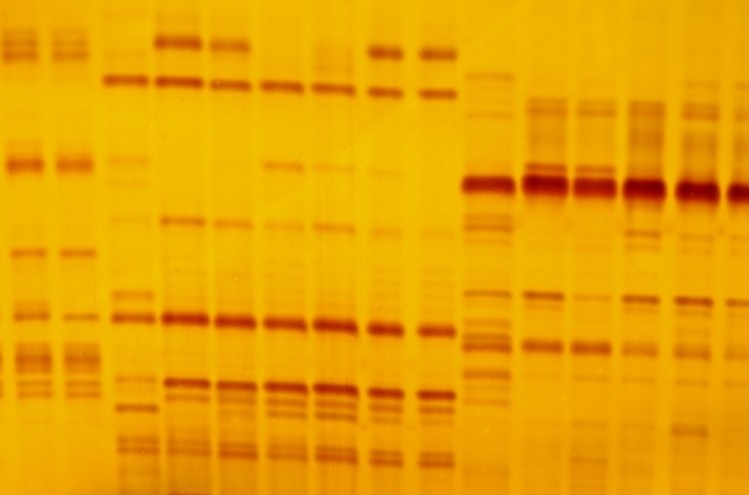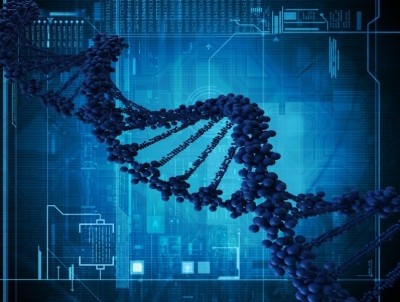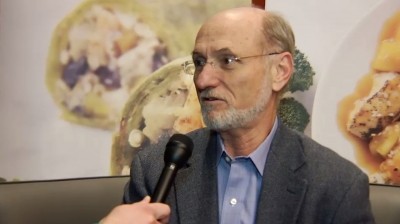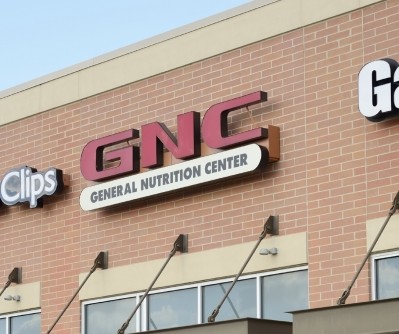Trade association-commissioned white paper refutes NY AG botanical supplement results

The white paper, authored by Danica Harbaugh Reynaud, PhD, CEO of AuthenTechnologies LLC, Brent Mishler, PhD, UC Berkeley; James Neal-Kababick, Flora Research Laboratories, LLC; and Paula Brown, PhD, British Columbia Institute of Technology, refutes the NY AG’s original investigation.
The white paper, which is available HERE, raises five critical questions and cast doubts on the conclusions reached by his office, including:
1. Were the DNA barcoding methods inappropriately used on extracts?
2. Did the laboratory performing the test have sufficient knowledge of the complexities of testing botanical dietary supplements?
3. Were adequate procedures used to avoid contamination of samples in the testing facility?
4. Were validated reference sequences and appropriate analytical tools used to identify species?
5. Were valid conclusions made from the results?
The white paper was commissioned by four trade associations representing the dietary supplement industry: the American Herbal Products Association (AHPA), the Consumer Healthcare Products Association (CHPA), the Council for Responsible Nutrition (CRN), and the United Natural Products Alliance (UNPA).
‘It is impossible to place any confidence in the publicized results’
“As the Attorney General’s office has not released the full methodology, the testing procedures or the analytics of the tests, it is impossible to place any confidence in the publicized results,” said lead author Danica Harbaugh Reynaud. “However, we can conclude that because of the limitations of DNA barcoding, especially on botanical extracts, that the claim by the NY AG’s office that the majority of supplements lacked any botanicals at all is, quite simply, unjustified.”
The authors conclude that the NY AG’s refusal to release answers to these five questions, along with a detailed explanation of the DNA testing methods used, raise serious concerns about the validity of the results.
The white paper also provides a scientific primer on DNA barcoding, offering a definition of the method, how it works, its capabilities and limitations, and seven key areas that need to be addressed in order to perform accurate species identification using any DNA method.
A spokesperson for CRN said that it plans to give the white paper a broad distribution, and that includes sharing it with the AGs and the mainstream media.
Herbal supplements probe
New York Attorney General Eric Schneiderman publicly launched his investigation on February 2 with cease and desist letters to four major retailers – GNC, Target, Walgreens, and Walmart – after DNA barcoding tests found 79% of the products tested did not contain the labeled substance or contained other non-listed ingredients.
As reported by NutraIngredients-USA in 2013, DNA barcoding offers a lot of potential for botanical testing, and is incredibly reliable, but only when performed on appropriate material. However, botanical extracts are particularly problematic because, while some extracts may contain DNA, it is often of low quality or degraded to a point that makes it impossible to perform proper authentication. All of the GNC products tested were extracts.
Despite strong calls from industry to release the data, the NY AG’s office stated that it would not be publishing the data as it is part of an ongoing investigation. The NY AG subsequently expanded his investigation to demanding documentation to substantiate structure-function claims on the select products.
The investigation was broadened further still on February 23 with letters sent to four leading manufacturers – NBTY, Pharmavite, Nature’s Way, and Nutraceutical Corp. – demanding detailed ingredient and quality control information on every herbal supplement they sell in his state.
This week, AG Schneiderman announced that Attorneys General from Connecticut, Indiana and Puerto Rico have formed a coalition with his office to further investigate the business practices of the herbal supplement industry.
















